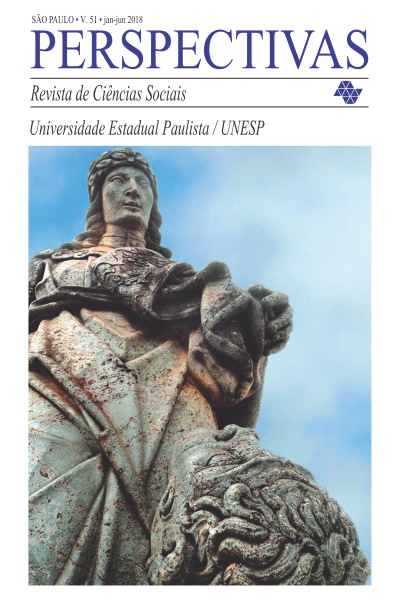From the critique of populism to public life – considerations about the intellectual trajectory of Francisco Weffort
Keywords:
Francisco Weffort, Intellectuals, Brazilian Political Thought, Interpretations about Brazil, Populism,Abstract
In this article we analyze part of the political-intellectual trajectory of Francisco Corrêa Weffort, as well as his interpretation about Brazil. Our main hypothesis is that Weffort, with his populism theory formulation, constructed an ex ante justification to the PT’s formation in 1979. In his early interpretations about Brazil, especially about the populism theory, there is an understanding that the effective democratization of the country would require a rupture with the republican tradition centered on the theme of Nation-building. Precisely this reality apprehension, which focused in the criticism of the populism demagogic characteristic, would be the main reason for his commitment with the creation of a new workers’ political organization that would be able to affirm not only a classist perspective, but also to disrupt with the conformism and class conciliation, typical, in his vision, of both the labor tradition and the Brazilian Communist Party (PCB, in Portuguese). This line of thought, which aimed to break up with national-populist conceptual framework, expanded after 1964 military coup and became hegemonic in the academic sphere and among the Left not linked to the PCB during the 70s, which encouraged an expressive fraction of the intellectuality to experience the political life and to commit into the Worker’s Party creation.
be able to affirm not only a classist perspective, but also to disrupt withthe conformism and class conciliation, typical, in his vision, of both thelabor tradition and the Brazilian Communist Party (PCB, in Portuguese).This line of thought, which aimed to break up with national-populistconceptual framework, expanded after 1964 military coup and becamehegemonic in the academic sphere and among the Left not linked tothe PCB during the 70s, which encouraged an expressive fraction ofthe intellectuality to experience the political life and to commit into theWorker’s Party creation.
